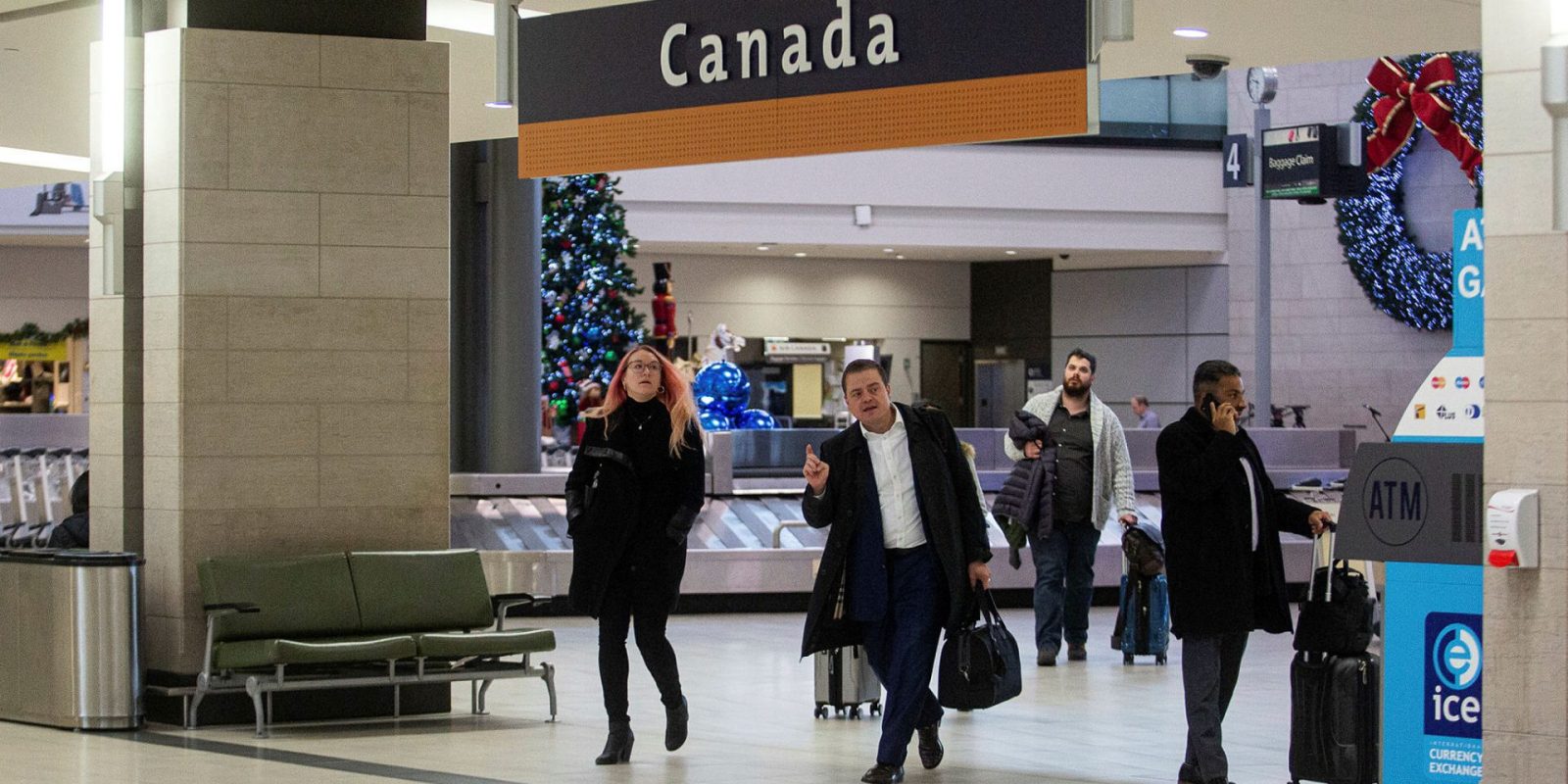January 24, 2023, The Hill Times – Take advantage of real opportunities to improve the Airline Passenger Protection Regulations
Since the regulations only hold airlines to account, they do not always address the root causes of disruptions, so we are calling for a system that holds other organizations in the air travel ecosystem to account.

Click here for Op Ed article
Earlier this month, the House of Commons Committee on Transport, Infrastructure, and Communities held hearings on the recent holiday 2022 travel disruptions, which have led to calls for changes to Canada’s Airline Passengers Protection Regulations (APPR). Despite the fact that recent delays were caused by extreme weather, which no passenger protection regulations could prevent, it is nonetheless a welcome opportunity to revisit the APPR.
The APPR was first introduced in 2019 with several changes coming into effect in September 2022 which added greater responsibilities to the airlines. Under APPR, if a flight is delayed or cancelled, airlines are obligated to rebook passengers on the next available flight, or offer a refund, and must offer hotel and meal vouchers. Airlines must provide compensation for a flight cancellation and delays of 3 hours or more, when the disruption is within their control and not related to safety, and if the airline notified their customer of the disruption 14 days or less in advance – compensation can be up to $1000, and is over and above a refund.
As with all such regimes, in order to claim a refund or compensation, the passenger must submit a claim to the airline, which the airline is obligated to respond to within 30 days. The vast majority of claims are resolved in this way. If the passenger does not agree with the airline’s assessment of their claim, they have a uniquely Canadian option to appeal that decision to the Canadian Transportation Agency (CTA). When a claim is received, the CTA will first facilitate a discussion between the passenger and airline to resolve the issue – in 97% of cases this process leads to an acceptable solution between passenger and airline. Only in a small number of cases is a more formal adjudication process used. It is true that the CTA is currently facing a backlog of over 30,000 complaints, and there is widespread agreement that the backlog needs to be cleared as quickly as possible. If the CTA had a similar timeline obligation as is required by an airline, this backlog would likely not exist.
Despite the backlog, the current system creates a balance between the rights and needs of passengers with a fair system of due process. It reflects an understanding that Canada faces very different climatic, geographic conditions and operational environments which can delay travel, particularly compared to Europe and the US. It also creates a balance in costs as compensation obligations under APPR are costly to the airlines; any changes in that regard have the potential to increase fares. Finally, and most importantly, it also makes safety the prime consideration in determining when compensation is due, and this feature, while perhaps requiring clarification on some of its aspects, must be retained as safety can never be compromised.
As stated, these regulations are still relatively new, having been put into place shortly before the start of the pandemic, and the ink is barely dry on the new obligations that came into effect last September. In periodic reviews conducted by the CTA since 2019, our member airlines were found to be meeting their obligations under the APPR. However, because the APPRs only hold airlines to account, they do not always address the root causes of disruptions. We are calling for a system that holds other organizations in the air travel ecosystem to account by using publicly reportable service standards applicable to airports, NAV CANADA, the Canada Border Services Agency (CBSA), security screening services (CATSA), etc. This will identify where improvements can be made in the overall travel system so that disruptions are minimized in the first place – which is by far the best way to ensure a safe, enjoyable and predictable passenger journey.
Can the APPR be improved? Yes. We can expedite the CTA appeals process to reduce current and future backlogs with service delivery standards. We can improve the overall aviation system by introducing shared accountability and service standards. This would truly improve the traveller experience and support the passenger journey when travel disruptions occur.
Jeff Morrison is President and CEO of the National Airlines Council of Canada, a national association representing Air Canada, Air Transat, Jazz Aviation LP, and WestJet.

